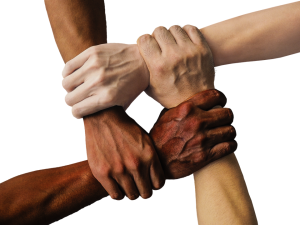
Lake Babine Nation has been selected as one of the 8 Indigenous communities that will receive social services training by the Province of BC.
The model for the ESS training will be in-person facilitator-led, and will be comprised of guided discussions, lectures, applied learning and participant-engagement exercises in each of the 8 selected First Nations communities.
Emergency Management BC (EMBC) and the Justice Institute of British Columbia are also working with 11 First Nations communities to develop relevant and effective emergency management training, based on the unique needs of First Nations.
“Through this partnership, we will support the development of critical emergency management and social services training in First Nations communities throughout our province, to ensure they have the tools they need to take action in the event of an emergency,” said Jennifer Rice, Parliamentary Secretary for Emergency Preparedness.
This emergency management training project is one of many areas where the Province is advancing reconciliation with Indigenous peoples. The Province’s focus on building a true and lasting vision of reconciliation is anchored by a cross-government commitment to implement the United Nations Declaration on the Rights of Indigenous Peoples, the Truth and Reconciliation Commission’s Calls to Action, and case law.
“In the event of an emergency or natural disaster, we all want our families to be safe,” said Melanie Mark, Minister of Advanced Education, Skills and Training. “This service agreement provides an important framework for partners to work together so that First Nations communities get the emergency management training they need to be proactive and save lives.”
More than $250 million is being allocated over the next three years in the areas of affordable housing, language revitalization, child care, mental health and addictions, reducing poverty, improving access to justice, skills training, emergency management and revitalizing the environmental assessment process.

